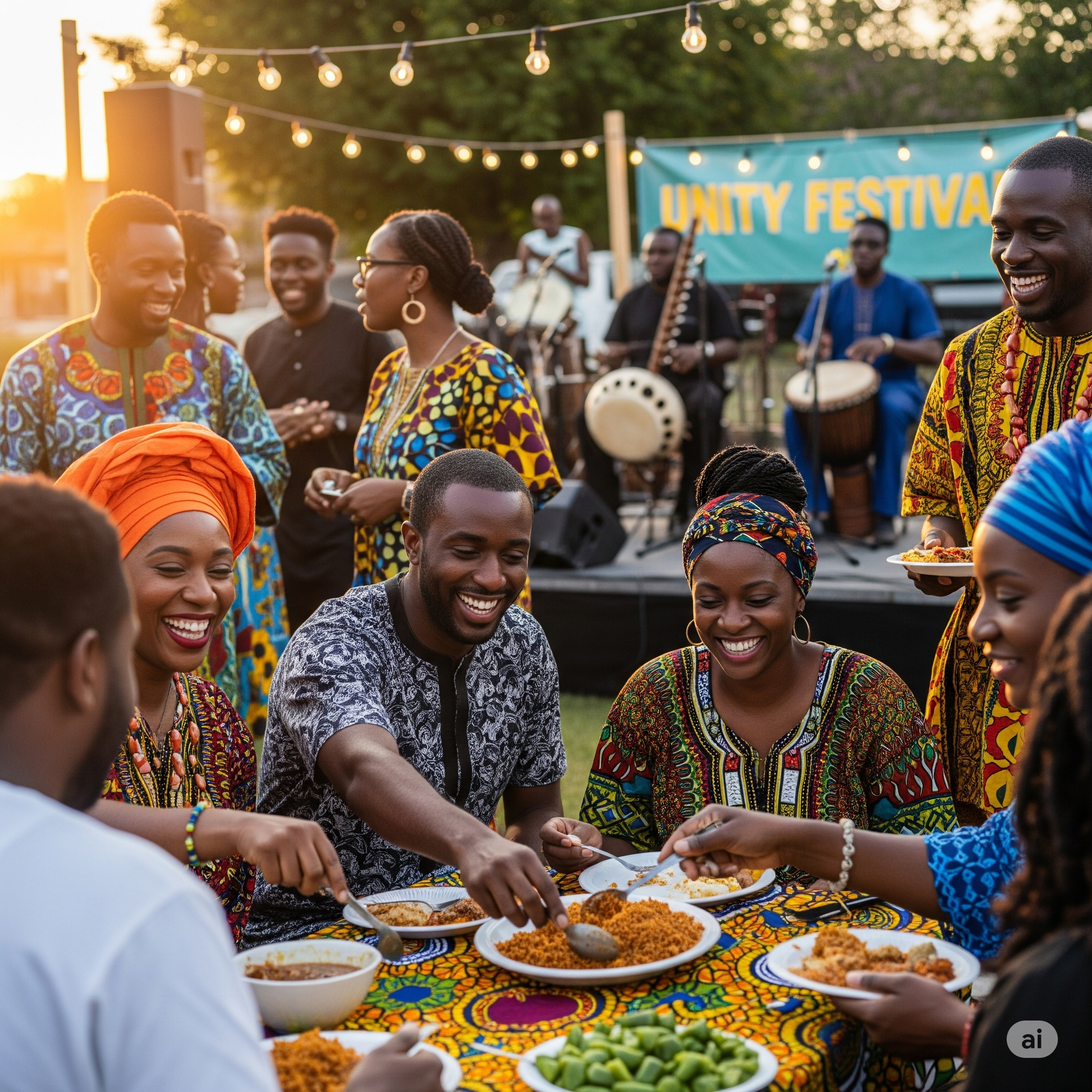Relocating to a new country is always an adventure, and Sweden is no exception. While many newcomers are attracted by Sweden’s high quality of life, strong social systems, and beautiful natural surroundings, the cultural differences can sometimes take time to adjust to. Understanding these differences will help you adapt more smoothly and appreciate the unique aspects of Swedish society.
Below are some of the most noticeable cultural differences you’ll encounter when moving to Sweden.
1. Reserved but Friendly Social Interactions
One of the first things many newcomers notice is that Swedes can seem reserved in social situations. Unlike in some cultures where small talk with strangers is common, Swedes usually keep to themselves in public spaces like buses, trains, or waiting rooms. Silence is not considered uncomfortable here; it’s simply a part of social etiquette.
That said, once you get to know Swedes, they are warm, loyal, and genuine friends. Relationships may take time to build, but they are often long-lasting and deeply meaningful. The initial reserve should not be mistaken for rudeness—it’s simply a different approach to social interaction.

2. The Importance of Lagom
Swedish culture is often summarized by the word lagom, which roughly translates to “just the right amount” or “balanced.” This concept influences many aspects of daily life in Sweden.
In practice, lagom encourages moderation and equality. Swedes generally avoid extremes—whether in lifestyle, consumption, or even personal behavior. In the workplace, this means collaboration and consensus are valued over individual competition. In everyday life, it means people tend to live comfortably but not excessively.
For newcomers, understanding lagom helps explain why Swedes place such emphasis on fairness, humility, and balance.
3. Fika: Coffee Breaks with a Purpose
No introduction to Swedish culture is complete without mentioning fika. More than just a coffee break, fika is a cultural ritual where people pause from work or daily tasks to enjoy coffee (or tea) and pastries, often with colleagues, friends, or family.
In many workplaces, fika is a daily occurrence and serves as an important social moment. It’s not only about drinking coffee but also about connecting with others. Joining colleagues for fika is often seen as an essential part of building relationships at work.
For expats, embracing fika is one of the easiest ways to feel integrated into Swedish culture.

4. Work–Life Balance as a Priority
Sweden is known for its healthy work–life balance. Unlike in some countries where long hours are considered a badge of honor, in Sweden, leaving work on time is the norm. Employers generally respect personal time, and vacation days are generous—employees are entitled to at least 25 days of paid vacation per year.
The focus on work–life balance extends to family policies as well. Sweden’s parental leave system is among the most generous in the world, encouraging both parents to take time off to care for children. This reflects a broader cultural emphasis on equality and quality of life.
For newcomers used to high-pressure work environments, this cultural difference can feel refreshing but may take some adjustment.
5. Punctuality Matters

Swedes take punctuality very seriously. Whether it’s a work meeting, a doctor’s appointment, or a casual dinner with friends, being on time is seen as a sign of respect. Arriving late—even by just a few minutes—can be perceived as inconsiderate.
This cultural trait also extends to public transport, which is generally reliable and adheres closely to schedules. Newcomers will quickly learn that “on time” in Sweden often means arriving a few minutes early.
6. Equality and Flat Hierarchies
Sweden is one of the most egalitarian societies in the world, and this is reflected in daily interactions. Titles and formal hierarchies are less important than in many other countries. It is common to address people, including managers and professors, by their first names.
Decision-making in workplaces often follows a consensus model, where everyone is encouraged to share their opinions. While this may slow down the process compared to more top-down approaches, it ensures that decisions are inclusive and balanced.
For expatriates, adapting to these flat hierarchies can feel unusual at first but often leads to a more collaborative and respectful working environment.
7. The Role of Silence and Personal Space
Silence in Sweden is not uncomfortable; it is valued. During conversations, Swedes may pause before responding, reflecting carefully on what they want to say. Interrupting is uncommon and considered impolite.
Personal space is also respected. People tend to keep a comfortable physical distance in public areas and avoid unnecessary physical contact. A handshake is the standard form of greeting, and hugging is generally reserved for close friends and family.
For newcomers, learning to be comfortable with silence and respecting personal space is key to fitting in smoothly.

8. Seasonal Rhythms and Lifestyle
9. Minimalism and Design Aesthetics
The Swedish lifestyle is closely tied to the country’s dramatic seasonal changes. Summers are cherished, with long days filled with outdoor activities, festivals, and holidays such as Midsommar (Midsummer), one of the most important celebrations of the year.
Winters, on the other hand, are long and dark, especially in the northern parts of the country. Swedes adapt by embracing cozy indoor traditions like mys (a word describing coziness and comfort, often involving candles, warm food, and time with loved ones).
Newcomers may find the dark winters challenging, but embracing Swedish traditions and outdoor winter sports can make the season enjoyable.
Sweden is famous for its minimalist design—think IKEA’s clean lines and functionality. This design philosophy extends beyond furniture into lifestyle. Swedes often prefer simple, uncluttered living spaces and practical solutions.
This minimalist approach also aligns with Sweden’s environmental values. Recycling, reducing waste, and sustainable living are considered part of everyday responsibility. For expats, this cultural difference can be both inspiring and educational.
10. Food Culture: Simple but Seasonal
Swedish cuisine might surprise newcomers with its simplicity and reliance on seasonal ingredients. Staples include potatoes, bread, fish, and dairy products. Traditional dishes such as meatballs (köttbullar), pickled herring (sill), and pea soup (ärtsoppa) are commonly enjoyed.
At the same time, Sweden has a growing international food scene, particularly in larger cities like Stockholm, Gothenburg, and Malmö. Still, many Swedes maintain traditional eating habits and place great importance on family meals.
Conclusion
Moving to Sweden means adapting to cultural differences that may feel subtle at first but deeply influence everyday life. From the reserved nature of social interactions and the importance of fika, to the values of lagom, equality, and sustainability, these cultural traits shape Sweden’s unique identity.
For newcomers, embracing these differences is the key to integration. While it may take time to adjust, understanding and respecting Swedish culture allows expatriates to fully enjoy the many benefits of life in Sweden.
